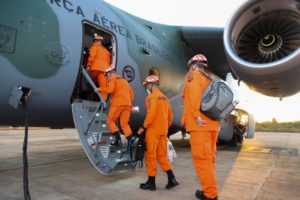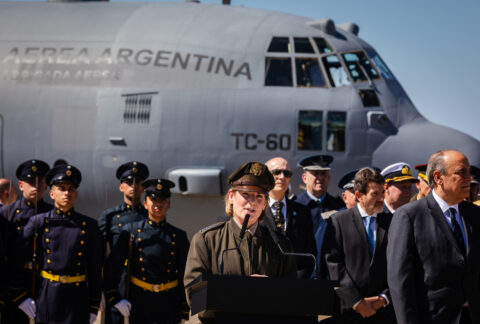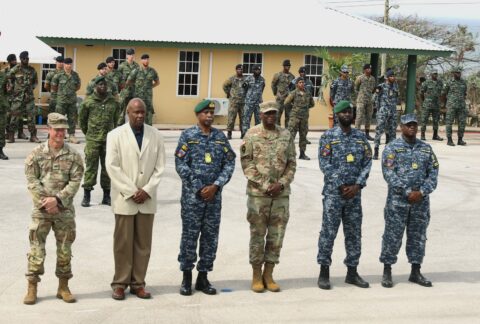The tragedy experienced by Haitians has mobilized different countries around the world. Brazil, which led the United Nations Stabilization Mission in Haiti (MINUSTAH, in French) for more than 10 years, is also part of the group of nations that has so far delivered more than 100 tons of supplies to the Caribbean island, along with professionals who have been helping address the problems arising from the August 14, 2021 earthquake. It is estimated that about 600,000 Haitians are in need of emergency aid.
A Brazilian Air Force (FAB, in Portuguese) aircraft landed in Port-au-Prince, the capital of Haiti, on August 23. The Brazilian Multidisciplinary Humanitarian Mission carried 7 tons of food and medical equipment. “Brazil has a history with us, especially in this type of relief. In addition to the aid, we hope that we can save lives,” said Marissol Romaris, chargé d’affaires of the Brazilian Embassy in Haiti.
A total of 3.5 tons of medicine and supplies were also donated, both for emergency assistance to the wounded and to combat diseases that can spread after major disasters. The amount is enough to care for up to 10,000 people, according to the Brazilian Ministry of Health.

A total of 32 men, including military firefighters and members of the National Security Force, also arrived on Haitian soil, where they are expected to stay for three weeks. They were selected based on their experience in natural disasters and to help in the ongoing search and rescue work in Haiti.
In light of the destruction of drinking water tanks as a result of the earthquake and Tropical Storm Grace, which battered Haiti in mid-August, the Brazilian Cooperation Agency, an agency linked to the Ministry of Foreign Affairs, shipped two Brazilian-made water purifiers to the Haitian population. Both purifiers can provide drinking water to about 4,000 people per day and will be used to meet the demand of the Brazilian team and the local population.
History of collaboration
Between 2004 and 2017, more than 36,000 Brazilian service members took part in MINUSTAH’s peacekeeping missions.
The U.N. initiative aimed to contain social instability and economic and humanitarian crises in the early 2000s. During the mission, however, Haiti suffered one of the greatest disasters in its history: in 2010, an earthquake killed more than 200,000 people on the island and the blue helmets played a key role in providing relief and rebuilding the country.









